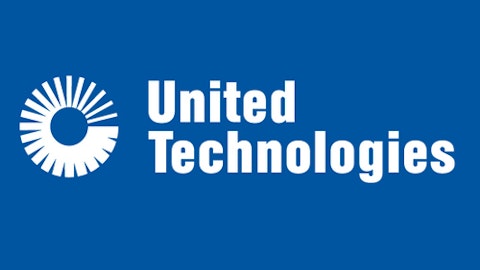Ever since Microsoft Corporation (NASDAQ:MSFT) announced on Aug. 23 that Steve Ballmer would be retiring within the next year, the rumor mill has begun churning out the names of possible successors.
In light of Microsoft Corporation (NASDAQ:MSFT)’s recently announced acquisition of Nokia’s mobile phone business, Stephen Elop now seems like the front-runner for the job. His background meshes well with Microsoft’s new emphasis on “devices and services.” Nevertheless, many tech commentators have floated the idea that Microsoft should go after Netflix, Inc. (NASDAQ:NFLX) CEO Reed Hastings instead. In fact, a Google Inc (NASDAQ:GOOG) news search (performed on Sept. 3) for “Reed Hastings Microsoft” returned more than 1,000 hits!

Netflix CEO Reed Hastings. Source: Netflix.
However, Hastings seems like a poor choice for the helm of Microsoft Corporation (NASDAQ:MSFT). Based on his track record at Netflix, Inc. (NASDAQ:NFLX), Hastings appears to be at his best when focusing on a single great product. Yet several different business units make major contributions to Microsoft’s bottom line. Tapping Hastings as the next CEO of Microsoft would raise the very real risk of one or more business units being left behind — a mistake the company cannot afford.
The case for Reed
The idea of Hastings as CEO of Microsoft Corporation (NASDAQ:MSFT) isn’t totally absurd. Hastings spent more than five years on Microsoft’s board — including a stint as the lead independent director — giving him some inside knowledge of the company’s workings. He also has a technology background. Lastly, his success in navigating the changing media landscape at Netflix, Inc. (NASDAQ:NFLX) testifies to his vision.
Last week, my Foolish colleague Rick Munarriz gave his backing to Hastings and summed up the case well. He noted that Microsoft Corporation (NASDAQ:MSFT) is trying to become a devices and services company, and that Hastings built up one of the most popular Internet services from scratch. From that perspective, Hastings seems like an obvious candidate.
One big problem
The one big problem with appointing Hastings CEO of Microsoft — assuming that he’d even take the job — is that he doesn’t seem to be good with multitasking. The Qwikster debacle is the most prominent example of this trait. While Netflix, Inc. (NASDAQ:NFLX)’s main business was renting DVDs by mail in 2011, Hastings decided in that year to elevate the company’s streaming service while marginalizing the DVD business. Indeed, Netflix planned to spin off the DVD business entirely, but soon reversed this decision.
However, the damage was done. While the streaming service has continued to grow steadily, the DVD subscriber base has dropped from 13.93 million subscribers at the end of Q3 2011 to just 7.51 million subscribers at the end of last quarter. The result is that Netflix, Inc. (NASDAQ:NFLX) has still not come close to replicating its record EPS of $1.26 from the quarter prior to the failed split.
To some extent, Hastings’ laser focus on one business — to the apparent detriment of the other — is a deliberate choice. In a 2007 interview, Hastings said of one of his mentors, “From her I learned the value of focus. I learned it is better to do one product well than two products in a mediocre way.”





